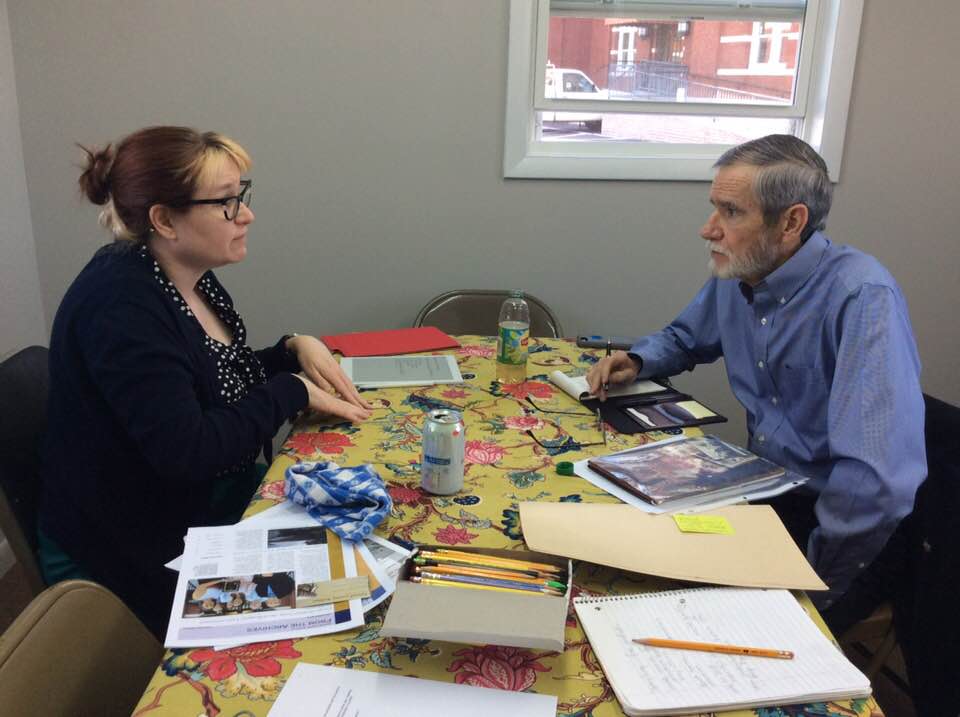
Five years ago, a group of us reorganized Tattnall County Archives and opened it to the public. During that time, we have focused on documents that are mostly governmental in nature, but as those get in order, we have slowly begun to fill other community wishes, including the need to archive photos of vanished and vanishing people, places, structures, townscapes, and landscapes.
About all I know of photography is whether a picture is color or black-and-white. Fortunately, our board chair has a motto that has saved me many times: when you don’t know, ask a pro.
A series of inquiries brought us to Sheila McAlister, the director of the Digital Library of Georgia. But she was headquartered in Athens, and we were four hours southeast, in Reidsville. No problem, she said. She’d drive down. Since part of her job was outreach, she wouldn’t charge us. Our biggest question proved how to feed her since she was vegan! Going out to the barbecue joint was not an option.
Sheila drove down on a sunny March day. Entire fields were the blood-red of sheep sorrel with lavender washes of toadflax bloom. Each tree in the bottomlands was a different shade of green. Dogwoods were wearing their wedding veils.
For three hours we sat with Sheila, firing questions at her and scribbling pages of notes. From the most basic question to the most complicated, Sheila patiently advised us on how to proceed. She praised us for wanting to plan ahead, not just jumping into the middle of a big project without first laying the groundwork. She didn’t mind that she had to start at the beginning. Soon we were deep into terms like “resolution” and “server space” and “metadata.” Sheila’s answers were comprehensive, and she always made sure to give us choices.
For lunch, we pulled out a Mediterranean platter of hummus, pita, olives and lots of sliced vegetables, perfect for Sheila.
Being a small, rural, volunteer-run repository, our resources in terms of finances and skills are limited. We do a good job with what we have, but sometimes we need a pro, and when we needed Sheila, she didn’t hesitate. She was incredibly generous with her knowledge and her time. And the minute she arrived back to her desk at the Digital Library of Georgia, she emailed us with links to tutorials, contacts at other repositories, and examples of documents.
Since we reorganized the Tattnall Archives, we have received the most surprising and wonderful assistance from all directions. This keeps us on our path and inspires us to make our repository into a valued community resource. Without Sheila helping us to set up a digital photo archive, we’d still be lost in the dark.
– Janisse Ray, Director, Tatnall County Archives

